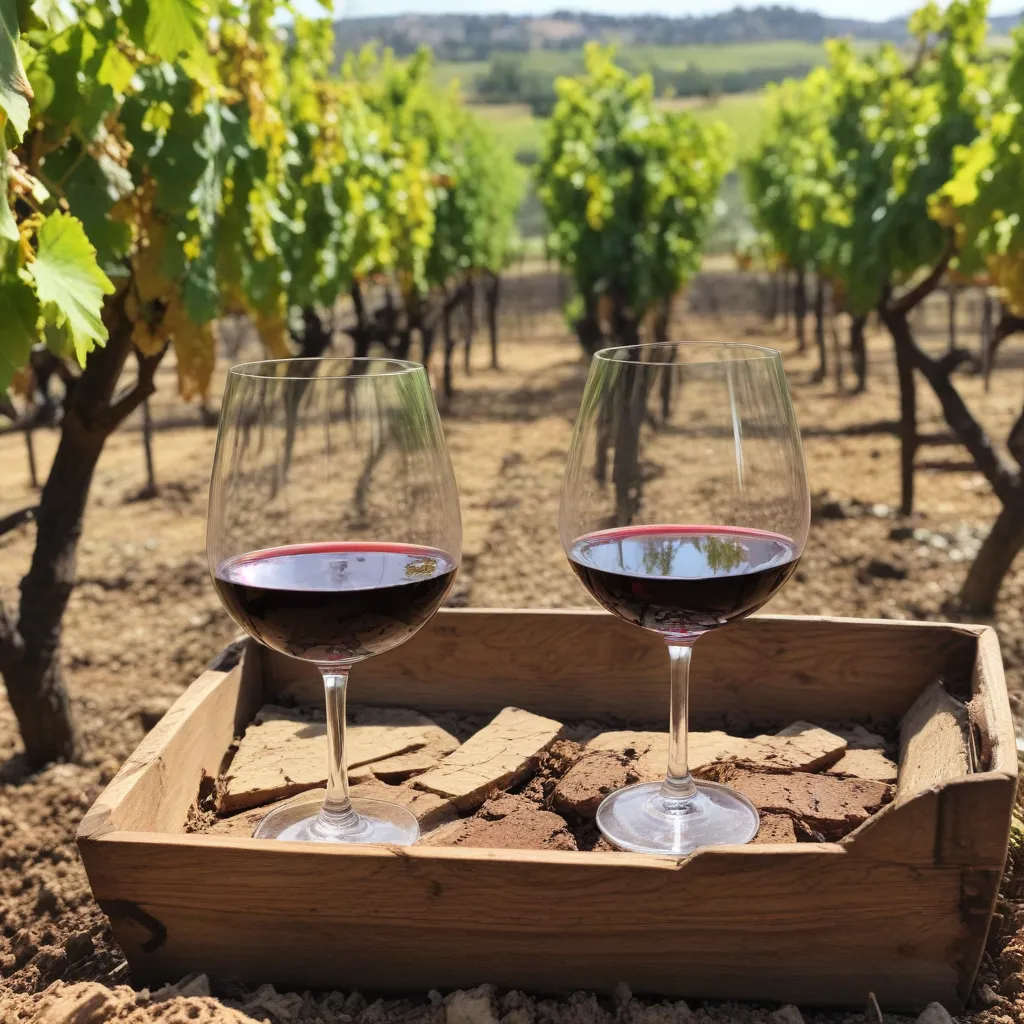
At the Wine Garden Inn, we take pride in crafting exceptional wines that capture the essence of our unique terroir. As a hospitality and wine expert, I’m thrilled to share my insights on the winemaking process and the critical role that terroir plays in shaping the character of our wines.
The Winemaking Process
Grape Cultivation
At the heart of our winemaking journey lies the meticulous cultivation of our estate-grown grapes. Our dedicated team of viticulturists meticulously tends to our vineyards, ensuring that each vine receives the optimal balance of sunlight, water, and nutrients. By closely monitoring the development of our grapes, we can identify the precise moment when they have reached their peak maturity, imbued with the perfect balance of sugars, acids, and tannins.
Harvest and Crushing
As the growing season comes to a close, we carefully time the harvest to capture the grapes at the height of their flavor profile. Our team works tirelessly, harvesting the fruit by hand to preserve the delicate nuances of each variety. Once in the winery, the grapes are gently crushed, beginning the transformation from juicy clusters to the rich, complex elixir we call wine.
Fermentation and Aging
The next step in our winemaking process is the fermentation, where the natural sugars in the grape juice are converted into alcohol by our carefully selected yeast strains. This is a critical stage, as the fermentation conditions, such as temperature and time, can greatly influence the final flavor and aroma of the wine.
After fermentation, the wines are meticulously aged, often in a combination of oak barrels and stainless steel tanks. This aging process allows the various flavor compounds to integrate, resulting in a harmonious and well-balanced wine.
The Concept of Terroir
At the Wine Garden Inn, we firmly believe that the true essence of our wines is rooted in the concept of terroir – the unique combination of environmental factors that shape the character of the grapes and, ultimately, the wine.
Environmental Factors
The climate, soil composition, and topography of our vineyards all play a crucial role in determining the flavors and aromas of our wines. For example, our high-elevation vineyards benefit from the cool, crisp air and longer growing season, resulting in elegant, fruit-forward wines. Conversely, our lower-lying vineyards, with their warmer temperatures and well-drained soils, produce bold, structured reds.
Soil Composition
The diverse soil profiles across our estate are a true testament to the complexity of terroir. From the mineral-rich volcanic soils of our Cabernet Sauvignon blocks to the clay-heavy plots where our Chardonnay thrives, each parcel of land contributes its own unique character to the finished wine.
Climate Influences
The interplay between our coastal location and the inland mountain ranges creates a tapestry of microclimates across our vineyards. The cooling ocean breezes and fog help to preserve the acidity and freshness in our white varieties, while the warm, sunny days allow our red grapes to develop rich, concentrated flavors.
The Importance of Terroir
The concept of terroir is not merely an abstract idea; it is the foundation upon which we build our wines, each one a reflection of the land from which it was born.
Wine Flavor Profile
By embracing the unique attributes of our terroir, we are able to craft wines that are truly distinctive, with layered flavor profiles that capture the essence of our region. Whether it’s the minerality and citrus notes of our Sauvignon Blanc or the dark berries and subtle spice of our Merlot, each sip tells a story of the land.
Unique Regional Characteristics
As a winemaker, I’m constantly in awe of the way our terroir manifests in the wines we produce. Our Pinot Noir, for instance, showcases the elegant, earthy characteristics that are synonymous with the Willamette Valley, while our Zinfandel embodies the bold, jammy profile that has become a hallmark of the Dry Creek Valley.
Sustainable Winemaking Practices
Respecting the delicate balance of our terroir is not only a matter of crafting exceptional wines but also a responsibility to the land itself. By embracing sustainable farming practices, such as cover cropping and minimal chemical interventions, we ensure that our vineyards remain healthy and vibrant for generations to come, allowing the true essence of our terroir to shine through in every bottle.
The Winemaker’s Perspective
Embracing Terroir
As a winemaker, my role is to serve as a conduit between the land and the glass, translating the unique characteristics of our terroir into wines that captivate the senses. It’s a responsibility I take seriously, constantly striving to better understand the nuances of our vineyards and how they can be expressed in the most authentic way possible.
Challenges and Adaptations
Of course, the path to capturing terroir is not without its challenges. Fluctuations in climate, shifting soil conditions, and evolving viticultural practices all require us to be nimble and adaptable in our approach. But it is precisely these challenges that inspire us to deepen our understanding of our terroir and find new ways to showcase its beauty.
Communicating Terroir to Consumers
Ultimately, our goal is to share the story of our terroir with wine lovers around the world. Through our winery’s website, educational tastings, and thoughtful food pairings, we aim to help our guests connect with the land that has so profoundly shaped the wines they’re enjoying.
As you savor the wines of the Wine Garden Inn, I encourage you to pause and reflect on the journey they’ve taken, from the grapevines to your glass. Each sip is a testament to the power of terroir, a reminder of the deep connection between the earth, the vines, and the art of winemaking.
